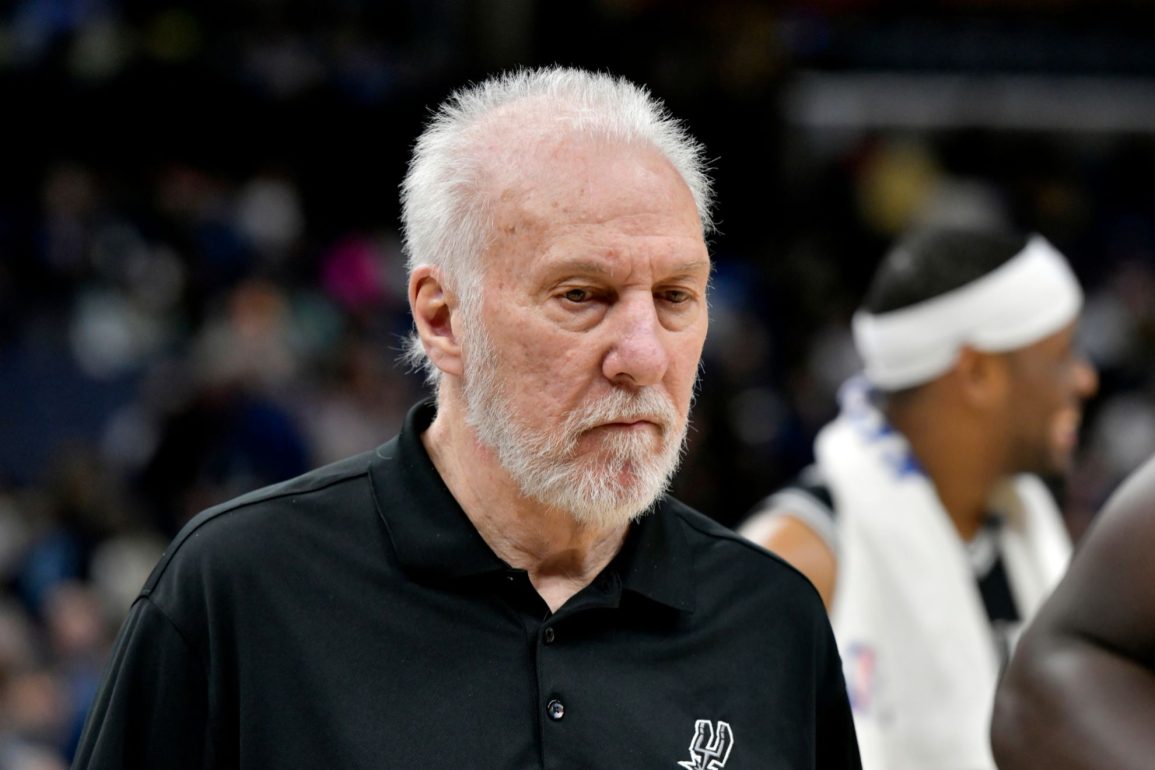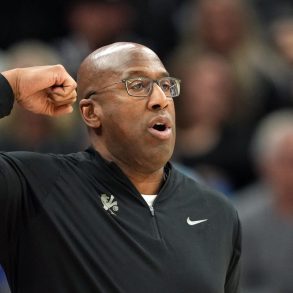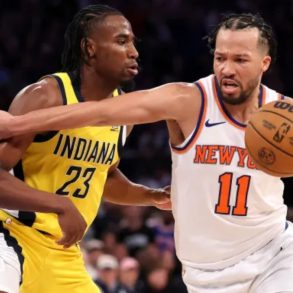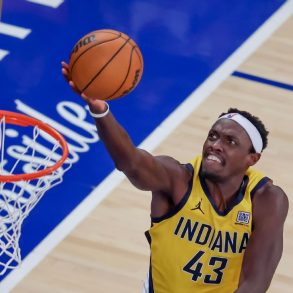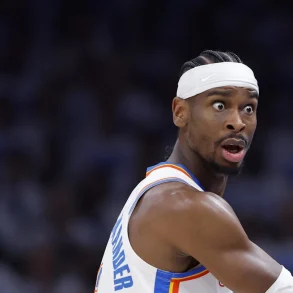Despite the changing landscape of the NBA, the San Antonio Spurs remain competitive under the leadership of legendary coach Gregg Popovich. Recently, Popovich achieved an extraordinary milestone by becoming only the third coach in NBA history to win 1,300 regular-season games.
While the Spurs are not the dominant force they once were, they remain relevant in the Western Conference playoff picture, resisting a full-scale rebuild. Beyond their immediate performance, Popovich’s influence extends far beyond his team, shaping the broader NBA coaching landscape.
Pregame interactions in the NBA often highlight personal and professional relationships among coaches. Many of these connections lead back to Popovich, whose mentorship has significantly influenced today’s coaching ranks.
A recent game between the Phoenix Suns and the Charlotte Hornets showcased this dynamic, as both head coaches—Monty Williams and James Borrego—are part of the “Pop tree.” Williams has transformed the Suns into a playoff contender, while Borrego has quickly turned the Hornets into a competitive team. These relationships illustrate how Popovich’s coaching philosophy continues to thrive through his protégés.
Popovich’s Influence Shapes NBA Coaching Strategies and Leadership Across Generations
Popovich’s coaching philosophy is evident in many modern NBA teams. Williams has revitalized the concept of “point-five” basketball, which emphasizes quick decision-making and movement, a principle instilled by Popovich and former Spurs assistant Ettore Messina.
Meanwhile, Borrego’s Hornets execute a perimeter-oriented offense reminiscent of the Tony Parker era in San Antonio. These stylistic elements highlight how Popovich’s influence is not only widespread but also adaptable, shaping the evolution of NBA strategies across multiple franchises.
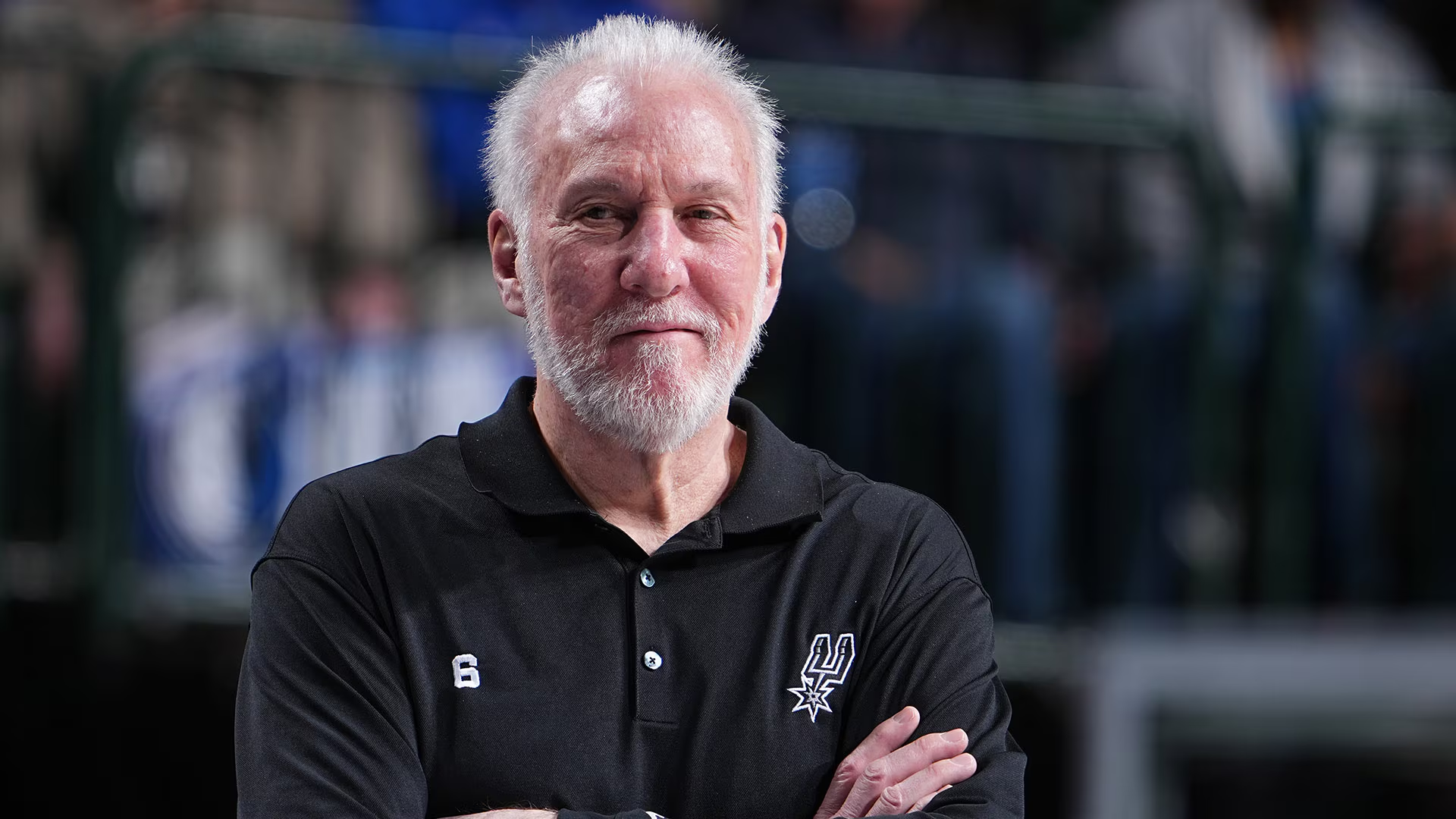
Popovich’s coaching tree spans across the league, with many current head coaches and executives having roots in San Antonio. Aside from Williams and Borrego, notable coaches such as Steve Kerr, Mike Budenholzer, Quin Snyder, and Taylor Jenkins have all benefited from his mentorship.
Even beyond the head coaching ranks, former Spurs assistants like Brett Brown, Jacque Vaughn, and Ime Udoka, as well as Brooklyn Nets general manager Sean Marks, have carried Popovich’s principles into their own teams. His coaching tree is among the most extensive and diverse in league history, reinforcing his legacy through multiple generations of leaders.
Popovich’s Legacy Extends Beyond Coaching, Shaping the Future of the NBA
Speculation continues regarding Popovich’s eventual retirement, with many expecting him to step down after this season or following the Tokyo Olympics. If and when he leaves, his likely successor in San Antonio is Becky Hammon, who would become the first female head coach in NBA history.
This would be another testament to Popovich’s progressive leadership, as he has long championed diversity and inclusion within his organization. Under general manager Brian Wright, one of only six Black GMs in the league, the Spurs continue to reflect Popovich’s values, ensuring that his legacy extends beyond just on-court success.
Even as his coaching career nears its twilight, Popovich continues to innovate with the Spurs, developing young talent and maintaining a disciplined, team-oriented style of play. While San Antonio may not be title contenders, they remain ahead of the curve in embracing a positionless future.
Popovich’s legacy transcends wins and championships; his impact is visible in the countless teams and coaches who carry forward his principles. Whether or not he chooses to retire soon, his influence will persist in the league for years to come, making him one of the most significant figures in basketball history.



